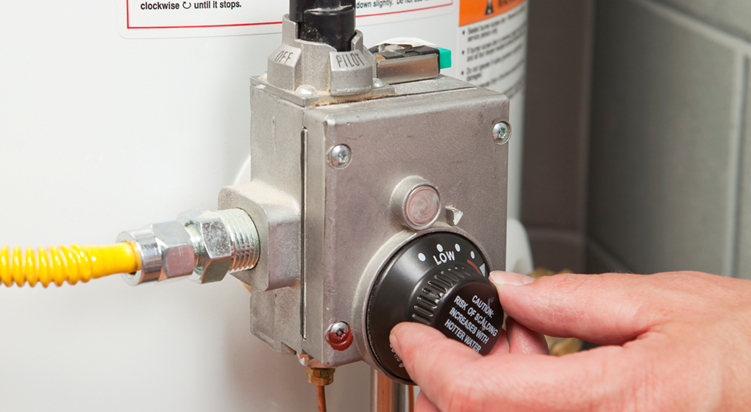Gas Appliance Safety - Residential - Massachusetts Gas - Liberty
Gas Appliance Safety
Look For Gas Industry Certification Markings
CSA International is the principal product testing, certification and standards development organization serving the gas industry in the United States and Canada. CSA is the only organization authorized by the American Gas Association (A.G.A.) and Canadian Gas Association (C.G.A.) to award certification marks for natural gas appliances and equipment.
Appliances and equipment bearing these seals are of highest operational quality. Click here to see the certification markings: www.csa-international.org.
How Can I Keep My Gas Appliance Safe?
Follow manufacturer instructions when operating appliances. Keep all appliance user manuals together in one convenient location.
You can perform some routine maintenance on your gas appliances yourself. But repairs, installations and disconnections are jobs for qualified service people. When in doubt, call your appliance repair service provider or heating/plumbing contractor for advice.

How Can I Keep My Gas Range Safe?
Nothing cooks food better than a gas range, but never use your gas range to heat your home or apartment. This practice creates a serious fire hazard and puts you and your family at risk from dangerous carbon monoxide fumes.

Don't Get In Hot Water
Did you know that every day in America, eight people suffer serious burns from hot water? These accidents can often be prevented. If your water is above 125 degrees at the tap, it’s too hot. Consider lowering your water heater thermostat setting to 120 degrees or less. If your water heater has a “Low-Medium-High” setting, just adjust the dial to “Medium” or lower. You’ll not only prevent injuries from scalding, you’ll save money.

Properly Store Flammable Products
Many containers are designed and approved to safely store gasoline, some cleaning solvents, paints, thinners, mineral oils and other flammable products. But what if a container is accidentally tipped over and spills its flammable contents? The vapors can explode if they are ignited by electrical sparks, static electricity, burning flames or friction. Many people, especially children, are injured by the careless storage and use of these products.
Keep flammable materials away from any natural gas or electrical appliance that could be a source of ignition. Check your storage area to be sure the flammable products are stored properly, and that caps or lids are securely fastened.
